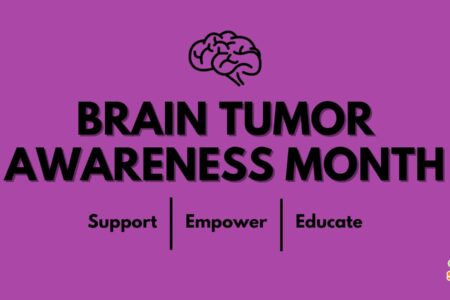
Share On Social!
Regardless of weight status, proper nutrition-starting as early as breastfeeding-has long been associated with positive health outcomes.
A new study, published in July 2016, in the American Journal of Clinical Nutrition, UCSF, found that exclusive breastfeeding rates among Latino infants ages 4-6 weeks is associated with longer Telomeres when the children were evaluated at age 4 or 5. Additionally, children who drank soda four or more times weekly showed a much faster rate of telomere shortening than children who drank less or no soda.
What are telomeres and what role do they play in our health?
Telomeres are the protective bits of DNA that cap the ends of chromosomes in cells and are measured in white blood cells. As we age, our white blood cells aren’t as effective at regenerating through cell division, so they become shorter. Shorter telomeres are associated with heart disease, diabetes, and some cancers. Breastfeeding could play an important role in protecting against chronic disease.
Explore More:
Healthy Families & SchoolsBy The Numbers
142
Percent
Expected rise in Latino cancer cases in coming years



